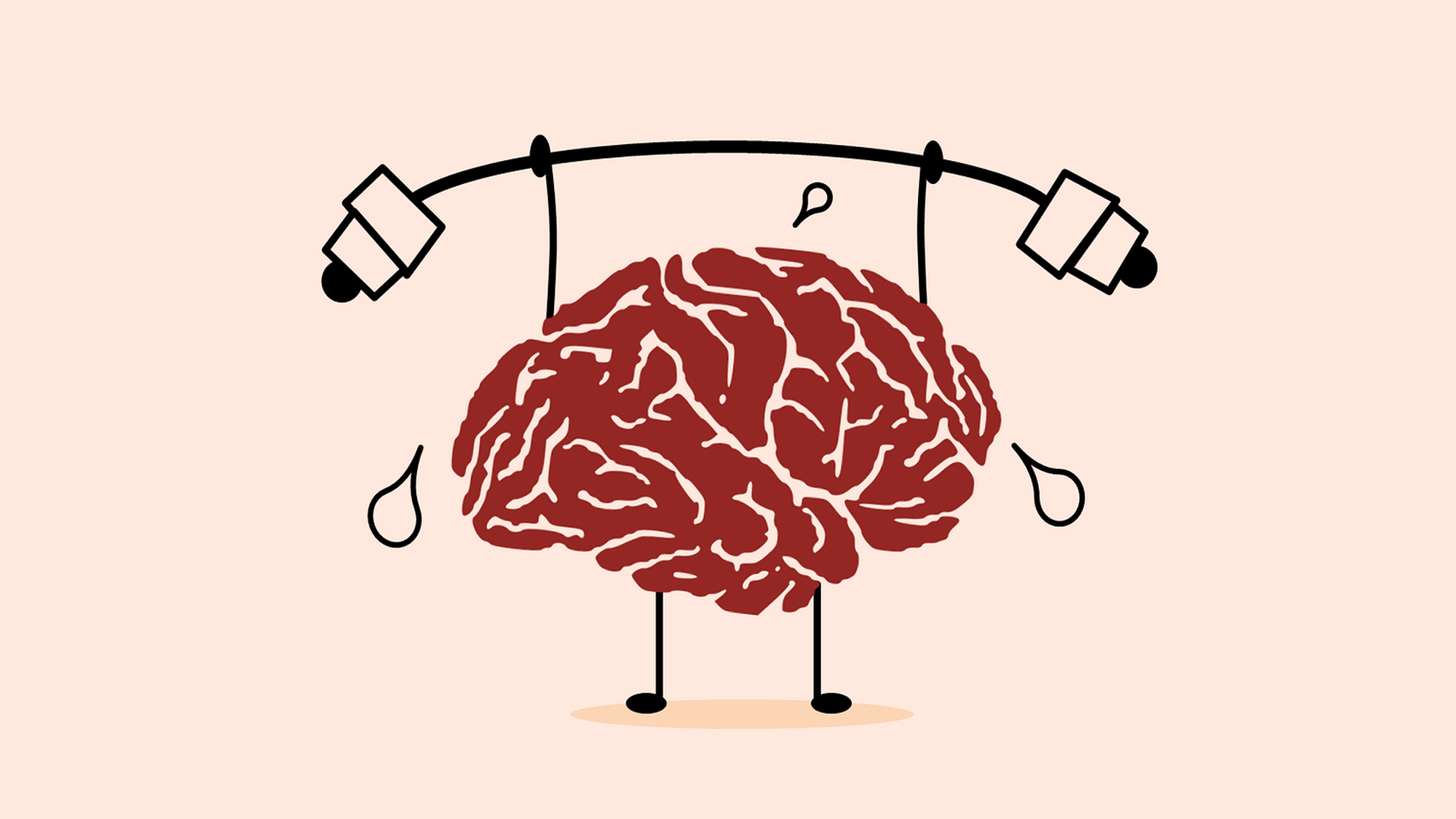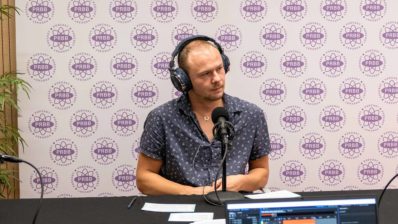There are many circumstances that can threaten our mental health, and a global pandemic such as that caused by COVID-19 can bring about stress, anxiety, depression… Especially in vulnerable population groups.
With the aim of studying and improving the mental well-being of some groups, the Hospital del Mar Medical Research Institute (IMIM) has launched two scientific projects.
MIND/COVID studies the impact of the pandemic on mental health
To study the mental health of healthcare workers, COVID-19 patients, and also of a sample of the Spanish general population. This is the reason why researchers at the IMIM and the Hospital del Mar have launched the MIND/COVID project, at the Spanish level and financed by the Carlos III Institute (ISCIII) of the Ministry of Science and Technology.
The study, in which researchers from 24 international institutions participate, started as a result of the COVID-19 pandemic. Situations like this lead to an increase in various mental health problems, especially in the case of healthcare workers — due to the high risk of contagion and work overload — and COVID-19 patients, as well as their closest contacts.
Through questionnaires and online interviews, the MIND/COVID project wants to get information about the mental health of 15,000 people, who will be followed up for at least 6 months.
The MIND/COVID study aims to measure the impact on mental health and care needs in populations with high risk of psychological stress. The project also includes a sample of the general population in order to know the impact of confinement in Spain.
“We hope to obtain information from 15,000 people. We are using validated questionnaires adapted to the COVID-19 pandemic through online interviews (by computer or mobile phone). We will follow up with the participants for at least 6 months”, says the director of the Program of Epidemiology and Public Health of the IMIM and principal investigator of the study, Jordi Alonso.
The interventions to be carried out within the framework of the project will range from identifying people at risk of mental illness, to improving access to interventions and treatments that have proven to be effective. “However, mental health depends on many other aspects. Social and economic support, access to housing and improvement of education will also be essential. Determined actions in all these areas will be essential”, concludes Alonso.
MINDUP helps SMEs manage the effect of the pandemic on workers’ mental health
The MINDUP project, which was planned before the appearance of COVID-19, aims to improve mental health and well-being at the workplace by developing, implementing and evaluating a multi-level intervention targeting a wide spectrum of mental health disorders. This intervention is a resource that offers support and intervention tools to SMEs (small and medium-sized enterprises), focusing more specifically on alleviating workers’ depression and anxiety.
MINDUP is financed by the European Union and is made up of 17 international members, including IMIM, the only participant from Spain.
The MINDUP project aims to reduce stress, exhaustion, depression and anxiety in SMEs. With the current situation, the study has become even more important.
“We started the project in January 2020, before the impact of COVID-19. Due to the pandemic, we added specific content for this disease but, in general terms, the tool is the same, since the objective remains the same: reducing stress, exhaustion, depression and anxiety in SMEs. Now, however, with COVID-19, our project has gained even more importance, as all these adverse effects will increase even more. MINDUP is, therefore, a very opportune project”, confirms the psychiatrist at the Institute of Neuropsychiatry and Addictions at Hospital del Mar (INAD), researcher at IMIM and CIBERSAM, and head of the MINDUP project in Spain, Benedikt Amann.
The MINDUP interventions will initially be aimed at SMEs in 3 specific sectors — construction, healthcare and ICT — in 9 different countries. The impact can be measured thanks to the implementation of various clinical scales. In addition, a 13-month follow-up will be carried out with the participants, a period of time in which the researchers will keep in contact with them.
In a period of a few months researchers expect to obtain the first results of both projects.







